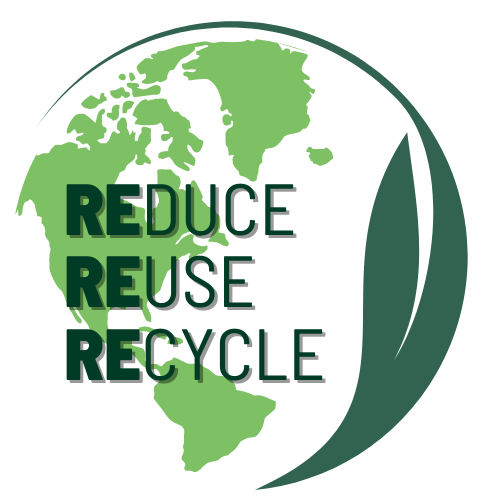Baztan Juan, Carrasco Ana, Chouinard Omer, Cleaud Muriel, Gabaldon Jesús
E., Huck Thierry, Jaffrès Lionel, Jorgensen Bethany, Miguelez Aquilino,
Paillard Christine, Vanderlinden Jean-Paul, Protected areas in the
Atlantic facing the hazards of micro-plastic pollution: First diagnosis
of three islands in the Canary Current, Marine Pollution Bulletin,
Available online 13 January 2014, ISSN 0025-326X,
http://dx.doi.org/10.1016/j.marpolbul.2013.12.052.
(http://www.sciencedirect.com/science/article/pii/S0025326X1300800X)
Abstract: Coastal zones and the biosphere as a whole show signs of
cumulative degradation due to the use and disposal of plastics. To
better understand the manifestation of plastic pollution in the Atlantic
Ocean, we partnered with local communities to determine the
concentrations of micro-plastics in 125 beaches on three islands in the
Canary Current: Lanzarote, La Graciosa, and Fuerteventura. We found
that, in spite of being located in highly-protected natural areas, all
beaches in our study area are exceedingly vulnerable to micro-plastic
pollution, with pollution levels reaching concentrations greater than
100 g of plastic in 1 l of sediment. This paper contributes to ongoing
efforts to develop solutions to plastic pollution by addressing the
questions: (i) Where does this pollution come from?; (ii) How much
plastic pollution is in the world’s oceans and coastal zones?; (iii)
What are the consequences for the biosphere?; and (iv) What are possible
solutions?
Keywords: Plastic; Pollution; Solutions; Atlantic Ocean; Lanzarote;
Fuerteventura




